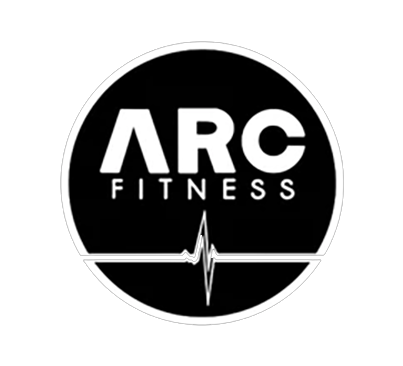No products in the basket.
Arc Fitness, Uncategorized
Personal Responsibility in Recovery
Personal Responsibility in Recovery
“Nothing changes if nothing changes Gary. You gotta take responsibility”.
This was the wisdom I received upon entry to my first residential treatment centre. At this point, and with a bitter expression, the voice in my head was screaming multiple expletives at the counsellor.
“What did he think I was doing? I didn’t come to rehab for the craic. I didn’t ask to be here but I am so, keep your fancy quotes to yourself!”
That spell in rehab was my half-hearted and reluctant way of dealing with my long standing personal responsibility issue. It took another, much longer spell in treatment for that. Smart people who have academically studied the area of personal responsibility (Brickman et al. 1982) have revealed there are two fundamental questions that influence taking ownership and accountability:
Who is responsible for creating a problem?
Who is responsible for solving it?
Daily I went through endless lists of people in my head of who was to blame for MY addiction – First it was the people who bullied me as a child, then it was my dad, then my mum, then every single person I had ever had some negative contact with.However, these lists did me no favours, nor were the fully accurate. What did become accurate was the necessity for me to take responsibility of this thing, despite who I might have blamed. “Nothing changes if nothing changes” made sense now.
Further reading into the subject of responsibility has highlighted people tend to fit into these models with respect to personal responsibility for dependence and recovery.
Have a read below. Can you related to any of these?
Recovery is built on a foundation of personal responsibility so it’s important to know where you are at.
1: Moral Model
- “I’m responsible for creating the problem, and I’m responsible for solving it.”
- What do I need to solve this problem? Proper motivation
- Someone else might say: “It’s your own fault, so I’m not going to help you. You need to solve this problem on your own.”
- Extreme, exaggerated version of this model: Faulty and distorted thinking such as “Everything that happens to me is my own fault.” OR “I can solve all my own problems, I don’t need anyone.”
- Healthy recovery application: “I decided to start drinking, and now I’m deciding to stop.”
2: Medical model
- “I’m not responsible for creating the problem, but I’m not responsible for solving it.”
- What do I need to solve the problem?- Treatment, experts
- Someone else might say: “You are ill. You need help.”
- Extreme, exaggerated versions of model: Becoming helpless and completely dependent upon others
- Healthy recovery application: “I didn’t plan on having these problems, and I have no idea how to get rid of them. I should follow the advice and suggestions of the experts who are trying to help me.”
3: Enlightenment model
- “I’m responsible for creating the problem, but I’m not responsible for solving it.”
- What do I need to solve the problem?- Self-discipline
- Someone else might say: “It’s clear you don’t understand the true nature of your problems, so let me explain it to you.”
- Extreme, exaggerated versions of model: Becoming crippled and ineffective because of extreme guilt and self-loathing; complete submission to authority; blindly following others.
- Healthy recovery application: “Looking back, I see what I did to cause my addiction and I’ve learned from my mistakes. Now I’m going to follow the guidance and direction of a greater authority that can show me how to change my life (completely if necessary).”
4: Compensatory model
- “I’m not responsible for creating the problem, but I am responsible for solving it”
- What do I need to solve the problem? Knowledge, skills
- Someone else might say: “I respect you for your efforts. Let me know if you need any help.”
- Extreme, exaggerated versions of model: Failing to recognize one’s own limitations, grandiosity, stubbornly refusing help of any sort.
- Healthy recovery application: “I sure wish I didn’t have these problems. However, since I do, I’m going to figure out how to resolve them. I’ll get some help if I need it.”
Whatever view you may take, if you have developed an unhealthy relationship with substances and/or struggle with dependence, nothing changes if nothing changes.
YOU must take action despite the reason ‘WHY’.
Recovery begins with ownership.
You got this.
